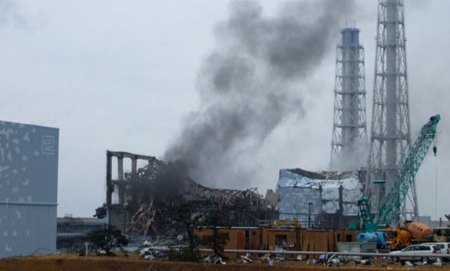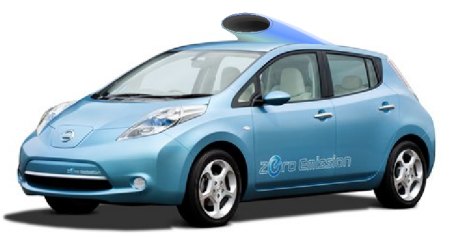|
2011
|
Fukushima disaster hits EVs

The development trend of electric vehicles is facing strong headwinds
following the nuclear disaster at Fukushima power plant in Japan.
Renault-Nissan, which invests heavily into its EV programs, is
conducting a strategy review on the technology. Thousands of Japanese
customers who have bought Nissan Leaf complained that the vehicle is
rendered useless in the Tokyo region due to shortage of electricity
supply. Since the disaster, household electricity supply has been cut
to 16 hours per day in 4 shifts. This mean most owners find
insufficient time to recharge their Leafs at home.
Meanwhile, nuclear power is also facing strong opposition in Europe.
Germany and France are under huge pressure from voters to abandon their
aging nuclear power plants. This could lead to a shortage of
electricity in the next 5 to 10 years. As replacement power plants are
likely to be fueled by coal or petroleum, the "clean" nature of
electric vehicles is being questioned. French president Sarkozy has
called on a meeting with the country's auto makers Renault-Nissan and
PSA Peugeot Citroen, energy giant Total and his highest order Bruni to
discuss the issue.
One solution proposed by Shigatsu Baka1, chief engineer of
Nissan Leaf, is to introduce an alternative energy upgrade package to
the existing EVs. Nissan has been testing a Leaf prototype which can
burn leaves to power its generator. It utilizes a roof-mounted
collector to suck leaves from trees alongside the road. However,
President Sarkozy rejected the idea as he fears the car could change
the landscape of Avenue des Champs-Élysées. Bruni also
fears that her husband is not tall enough to clear the roof-mounted
collector in case it is blocked by large leaves.

Meanwhile, Renault-Nissan has put its ambitious EV programs on hold.
Group boss Carlos Ghosn ordered a strategic review on each of its
forthcoming EV models, such as Twizy, Zoe, Fluence Z.E. and Kangoo Z.E.
All these cars may be scrapped in a scrappage scheme funded by the
government, which will be sponsored by the post-Gaddafi Libya
authority. Hopefully the spygate investigation will come to an end as
well, relieving pressure on Ghosn.
In the United States, President Obama has announced a radical plan to
convert the 600,000-strong fleet of Federal government to either horse
carriages or alternative fuel vehicles powered by horse shit. State and
city governments are also following the policy. For example, Chicago
will opt for Chicago Bull shit.
In China, BYD is developing alternative fuel vehicles powered by the
poisonous milk powder widely available in the country. Users only need
to mix one part milk powder with 3 part water, stir the mixture
thoroughly and feed the car through a milk bottle (caution: always test
the temperature before feeding !). To enhance green credential further,
these vehicles will be constructed from green materials recycled from
bean-curd schools and buildings. Despite that, BYD said they will have
no problem to get a 5-star Chinese NCAP2 rating.
Footnote:
1 Shigatsu
Baka
2 No Copyright And Protection (NCAP) scheme |
|

|

